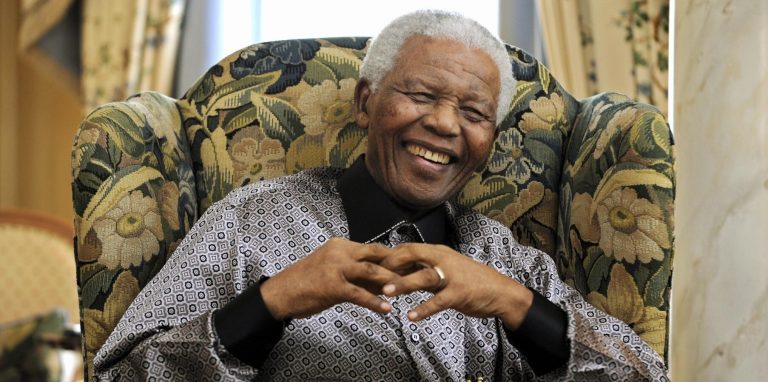Nelson Mandela, a name that symbolizes courage, perseverance, and unwavering commitment to justice and equality. Born on July 18, 1918, in the rural village of Mvezo, South Africa, Mandela’s life journey would become an extraordinary testament to the indomitable human spirit.

Source: www.dailysabah.com
Mandela’s early years were marked by apartheid, a system of institutionalized racial segregation and discrimination that relegated the majority black population to the status of second-class citizens. In his quest for knowledge and equality, he became the first in his family to attend school and later studied law, a decision that would shape his path towards activism.
In 1944, Mandela joined the African National Congress (ANC), a political party that aimed to challenge apartheid’s oppressive policies. As his involvement in the anti-apartheid movement grew, he became a prominent leader within the ANC. Mandela advocated non-violent resistance at first, but the escalating brutality of the apartheid regime forced him to reconsider. In 1961, he co-founded Umkhonto we Sizwe (MK), the armed wing of the ANC, to engage in sabotage against government installations. Subsequently, he was arrested and charged with sabotage and conspiracy in the Rivonia Trial, leading to a life sentence in prison.
Mandela’s 27-year incarceration on Robben Island and later in other prisons became a testament to his determination and resilience. Despite his prolonged confinement, he remained unbowed, unwavering in his principles, and a beacon of hope for millions around the world.
The turning point in Mandela’s journey came in 1990 when, in a historic moment, he was released from prison, signalling the beginning of the end of apartheid. His release opened the door to negotiations between the ANC and the government, culminating in South Africa’s first multiracial democratic elections in 1994. Mandela was elected as the nation’s first black President at the age of 75.
As President, Mandela faced the colossal task of leading a divided nation toward reconciliation and unity. He promoted the Truth and Reconciliation Commission, which provided a platform for victims and perpetrators of apartheid-era crimes to come forward, share their stories, and seek amnesty. Through his leadership, Mandela emphasized the power of forgiveness, healing, and nation-building.
After serving a single term as President, Mandela retired from politics but remained an active advocate for human rights, education, and HIV/AIDS awareness. Despite his departure from office, he continued to wield global influence and inspire countless individuals with his wisdom and compassion.
Nelson Mandela’s legacy extends far beyond his time on Earth. He has left an indelible mark on history as a symbol of hope, justice, and reconciliation.


